Biographies
The short biographies below give more details about some of the people whose letters are included in the database. These short biographies help users get a sense of the breadth of the letters found in the database. There is a full list of all letter writers and receivers (which can be found here). Each entry below includes a short biography and under the section “learn more” it includes the region the person lived/worked in, as well as any organizations they were affiliated with when writing their letters. Users will also find links to more information, where available.Some of the letter writers are well known figures in African resistance movements and political parties, others were lesser known or even just beginning their educational careers. The goal of the letter writers in their communications often focused on political and financial support, but the depth of the personal connections and relationships between African and American writers shows up in their letters.
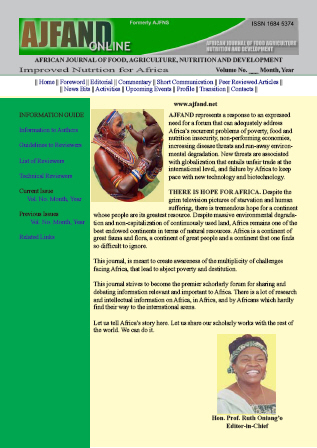
Geographic association: Norway|Zambia
Organizational association: International Refugee Council of Zambia|Norwegian South Africa Committee
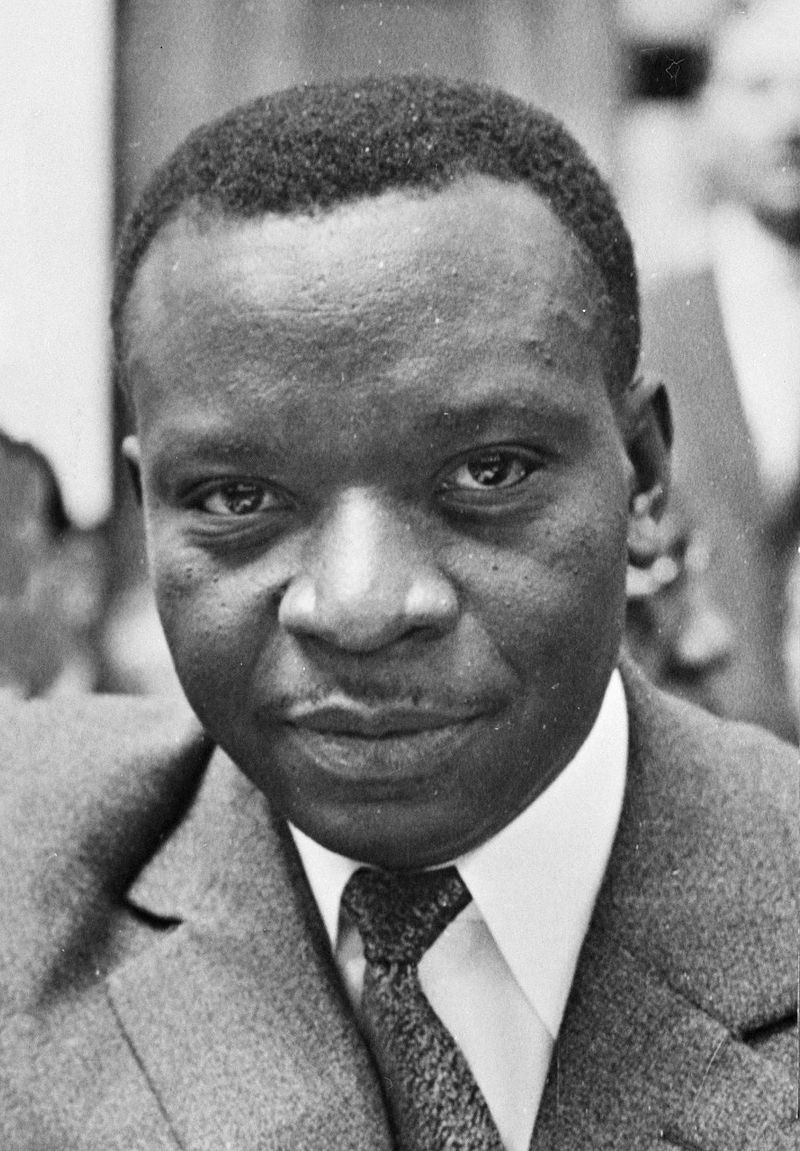
Geographic association: Democratic Republic of Congo
Organizational association: Mouvement National Congolais

Geographic association: Angola|Brazil
Organizational association: People’s Movement for the Liberation of Angola (MPLA)|National Front for the Liberation of Angola (FNLA)
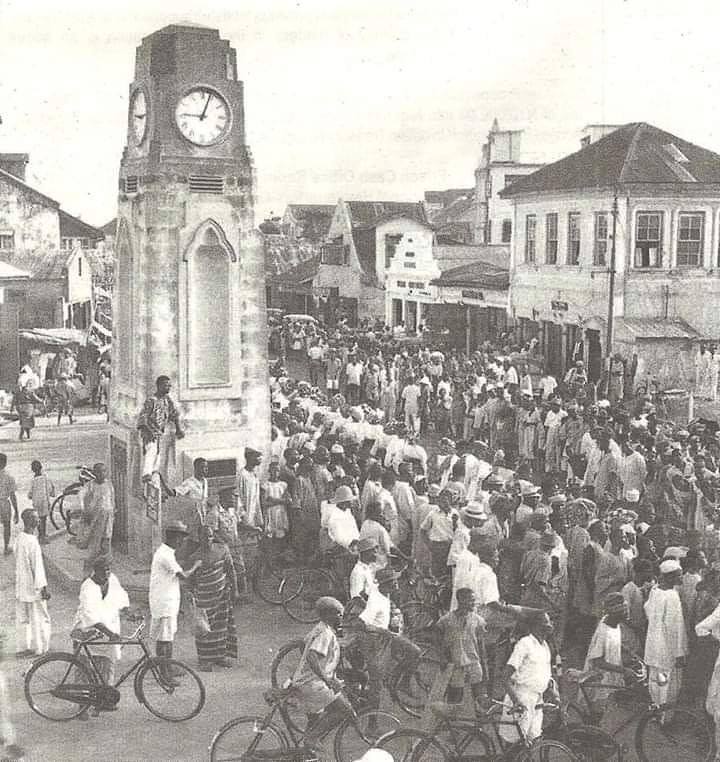
Geographic association: Nigeria
Organizational association: American Committee on Africa|National Council of Nigeria
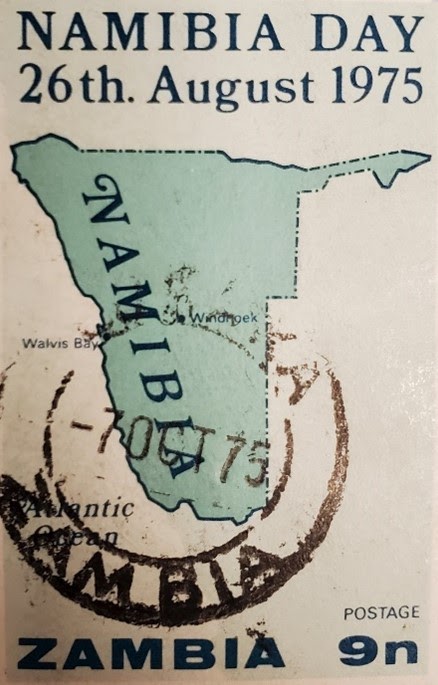
Geographic association: Namibia
Organizational association: Ovamboland People’s Congress | South West African People’s Organization | Namibia Democratic Party
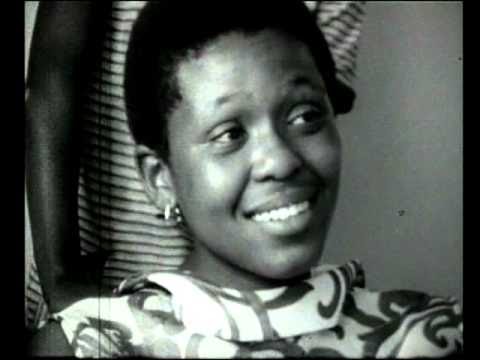
Geographic association: South Africa | Namibia
Organizational association: South West African People’s Organization
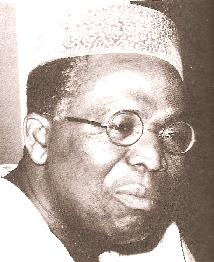
Geographic association: Nigeria
Organizational association: Nigerian Youth Movement| Unity Party Nigeria| Nigerian Parliament| Order of the Federal Republic
* Pictured on the 100 Naira note since 1999 *
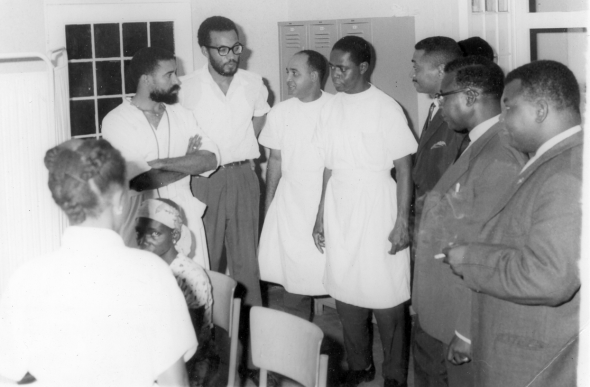
Geographic association: Angola
Organizational association: People’s Movement for the Liberation of Angola (MPLA)
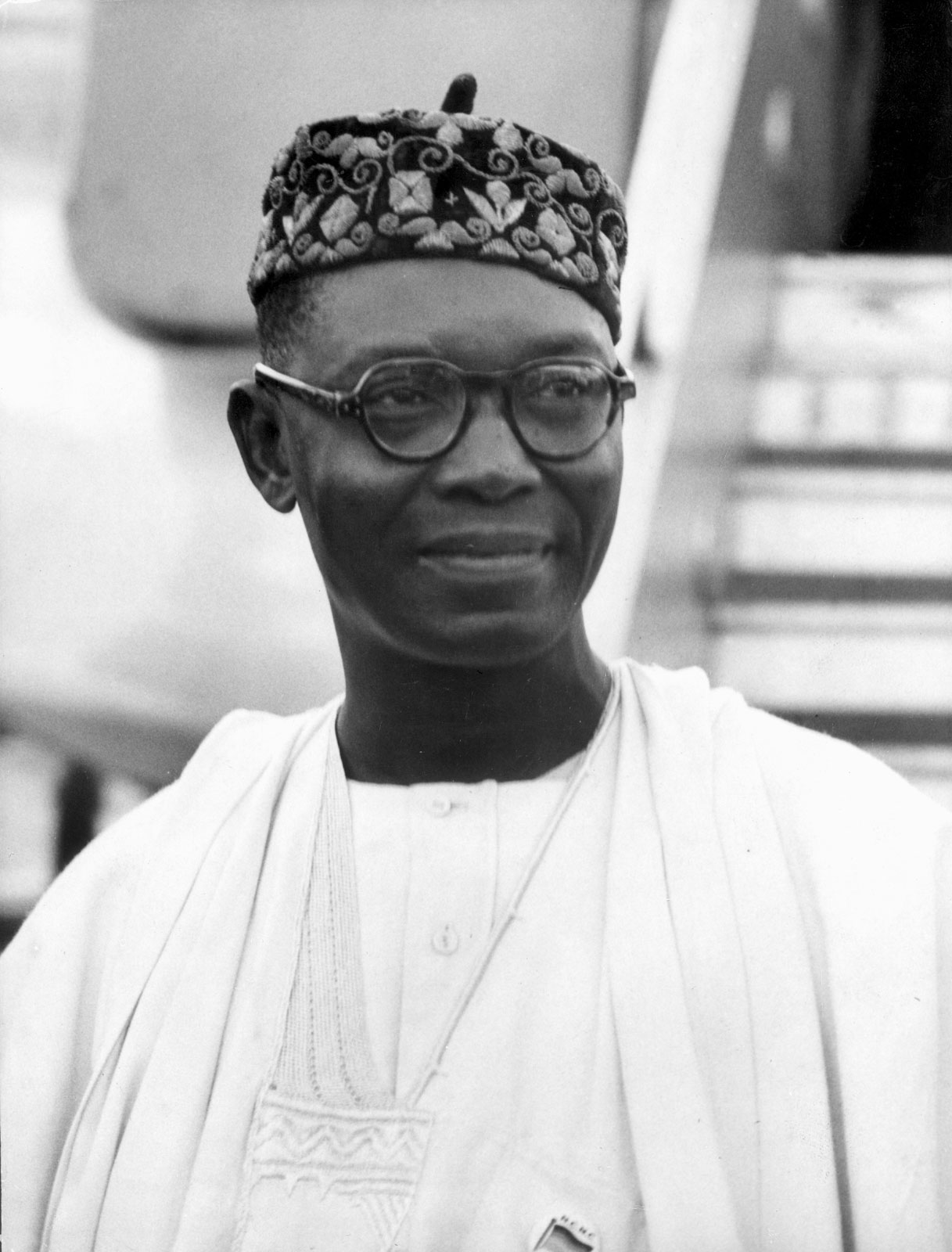
Geographic association: Nigeria
Organizational association: National Council of Nigeria and the Cameroons | Nigerian People’s Party
* Pictured on the 500 Naira note *
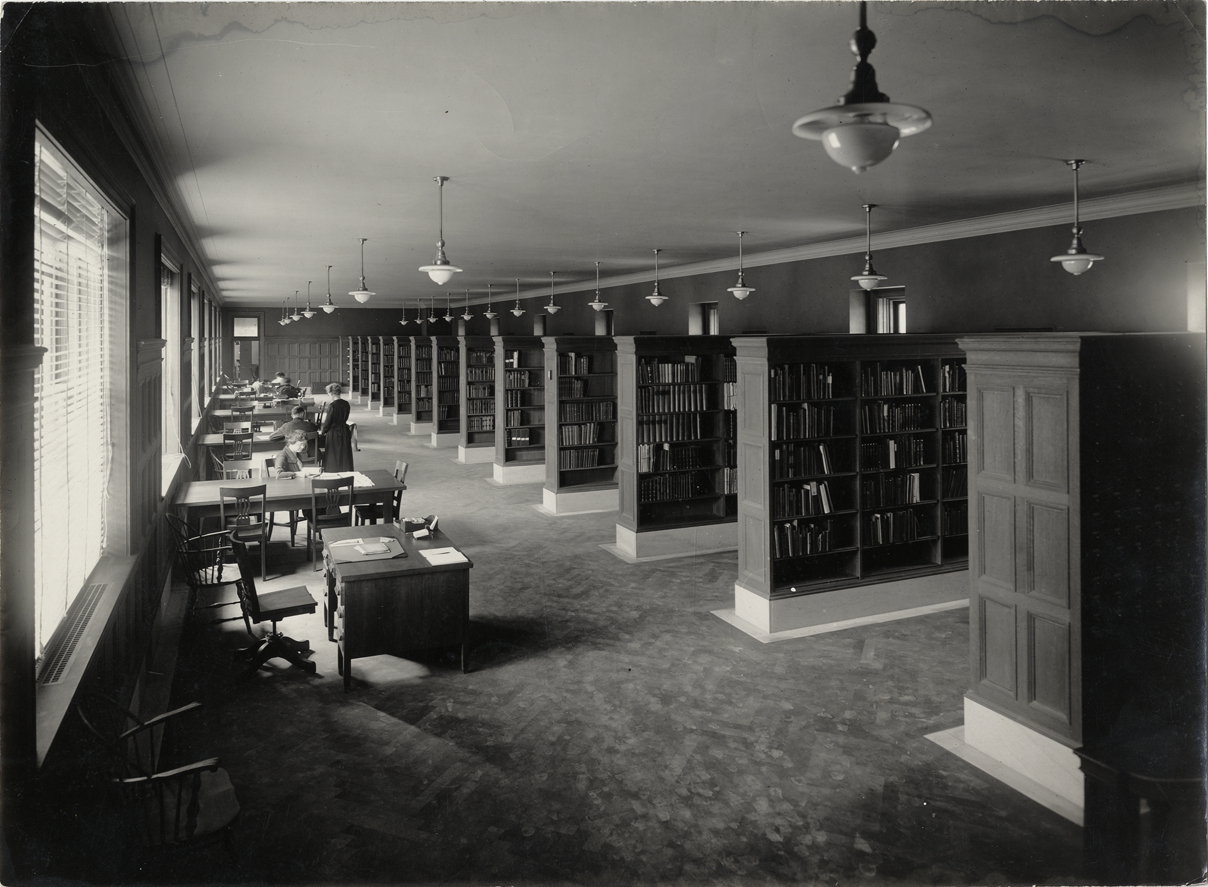
Geographic association: United States
Organizational association: Detroit Public Library | Burton Historical Collection
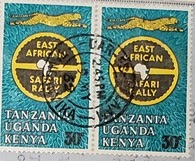
Geographic association: Tanzania
Organizational association: Tanzania African National Congress
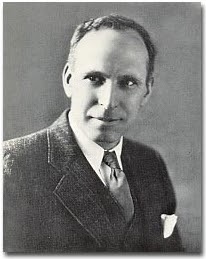
Geographic association: United States
Organizational association: American Civil Liberties Union (ACLU) | League for the Rights of Man

Geographic association: Sweden | Rhodesia
Organizational association: Methodist Church | Epworth Theological College
Official Journal of the First Session of the Rhodesia Annual Conference
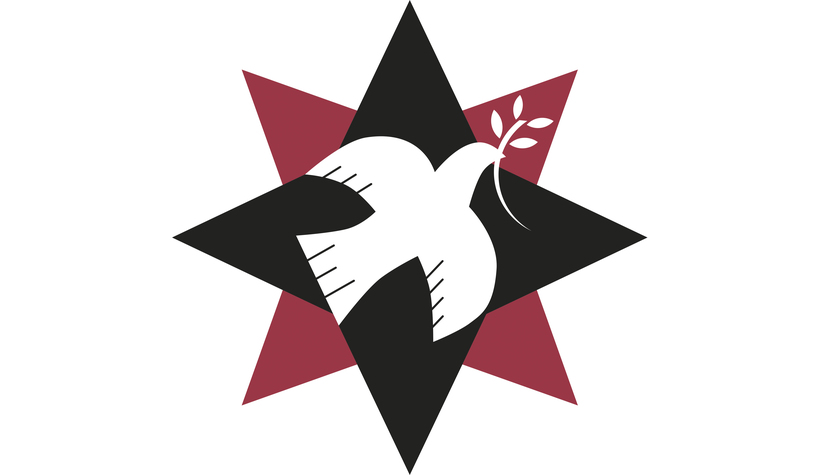
Geographic association: United States | Nigeria
Organizational association: American Friends Service Committee | The Religious Society of Friends (Quakers)
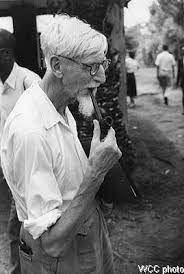
Geographic association: United Kingdom | South Africa
Organizational association: Anglican Church | Fellowship of Reconciliation
* Work featured in Helen Keller archive * | Wikipedia

Geographic association: South Africa | Scotland
Organizational association: African National Congress
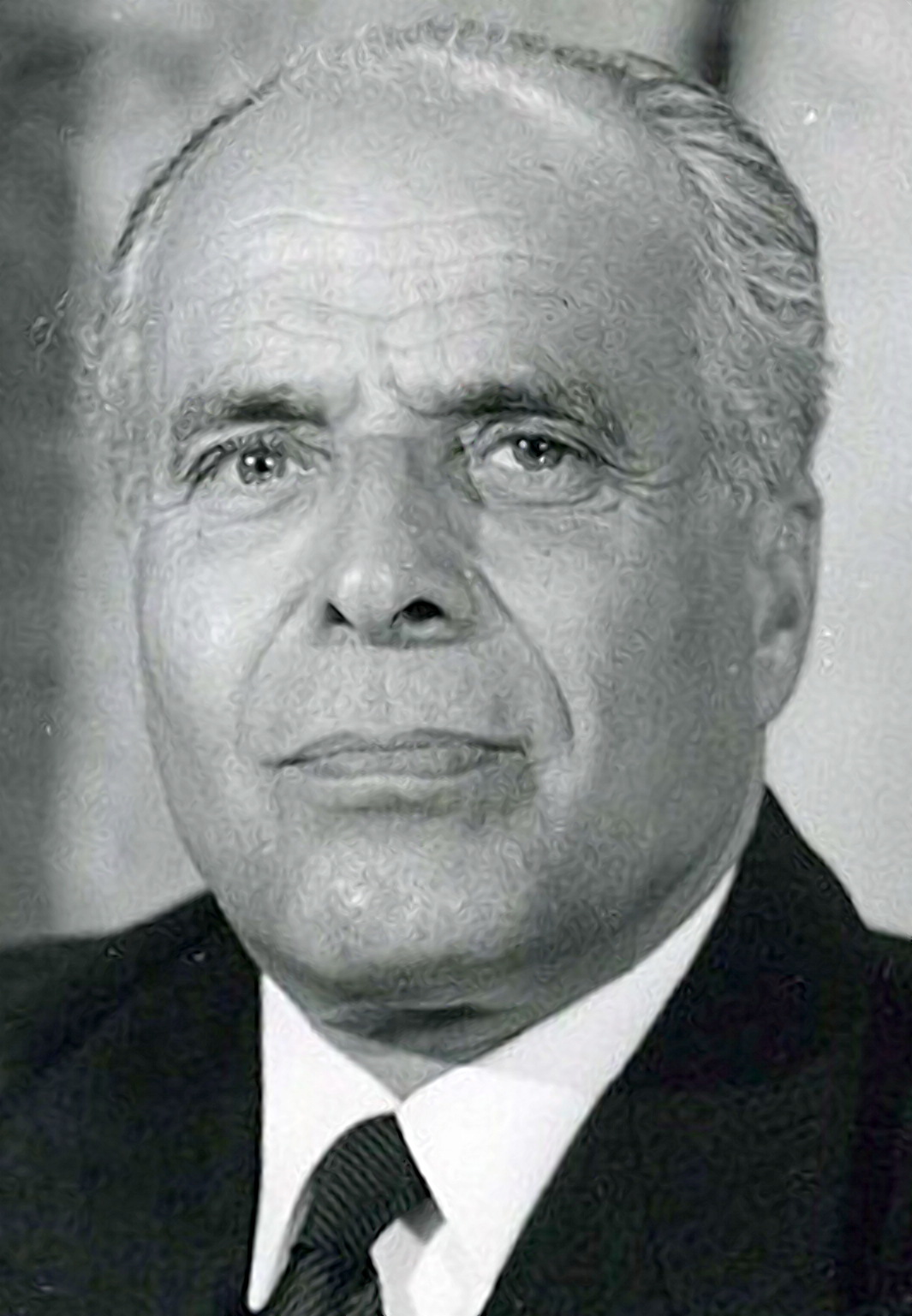
Geographic association: Tunisia | Egypt
Organizational association: Destour Party | Arab League

Geographic association: United States | India | Zambia
Organizational association: Lutheran Church | American Friends Service Committee

Geographic association: United States | India
Organizational association: Lutheran Church | American Friends Service Committee
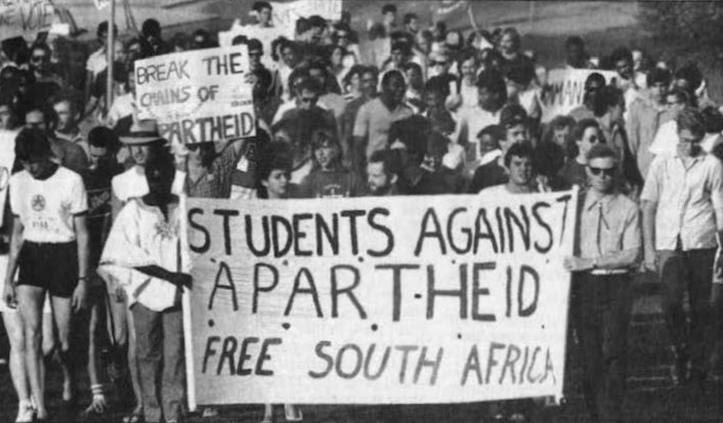
Geographic association: United States
Organizational association: United States National Student Association (NSA) | Student Action Against Apartheid
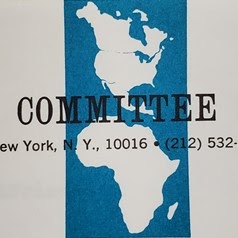
Geographic association: United States
Organizational association: American Committee on Africa
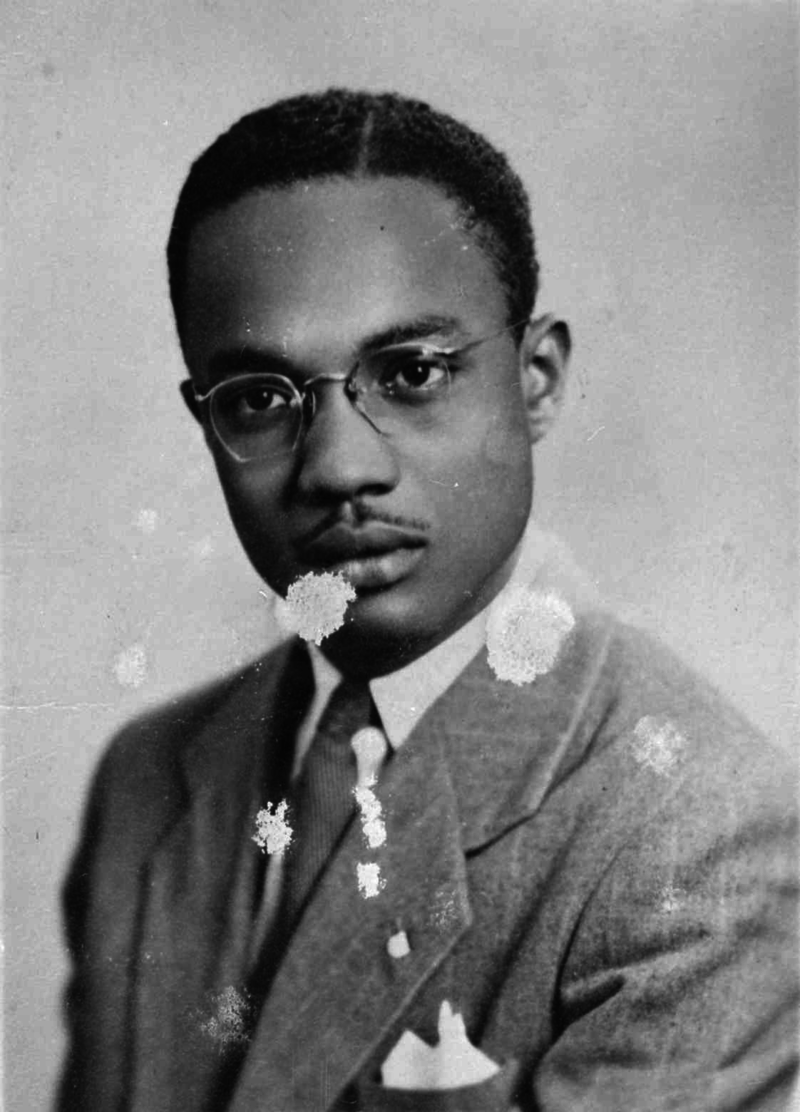
Geographic association: Guinea Bissau | Cape Verde
Organizational association: Partido Africano da Independencia da Guiné e Cabo Verde (PAIGC)
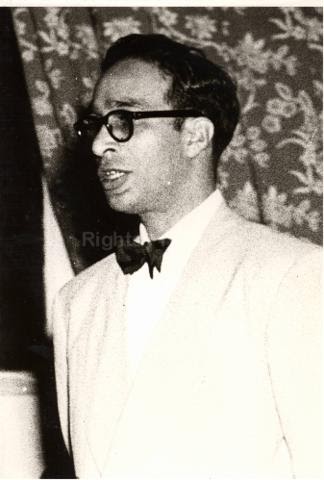
Geographic association: South Africa | India
Organizational association: South African Indian Congress
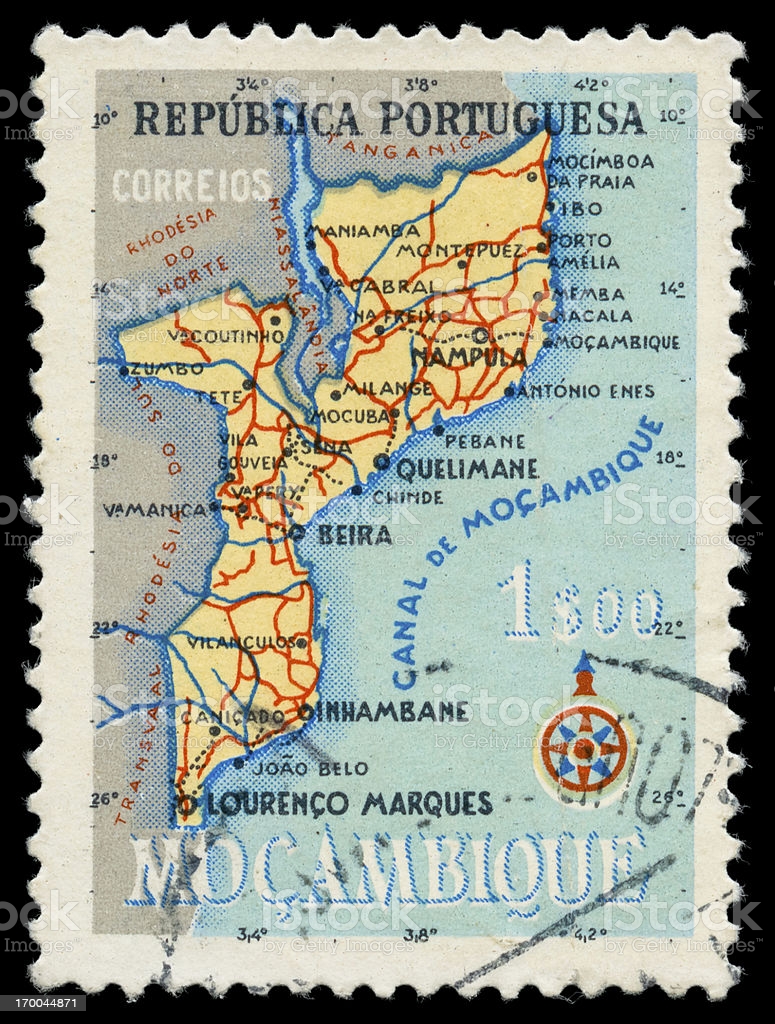
Geographic association: Guinea Bissau | Cape Verde
Organizational association: Partido Africano da Independencia da Guiné e Cabo Verde (PAIGC)
Geographic association: Congo
Organizational association: Methodist Episcopal Mission
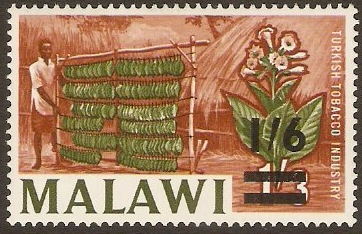
Geographic association: United States | Nyasaland | Malawi
Organizational association: United Nations
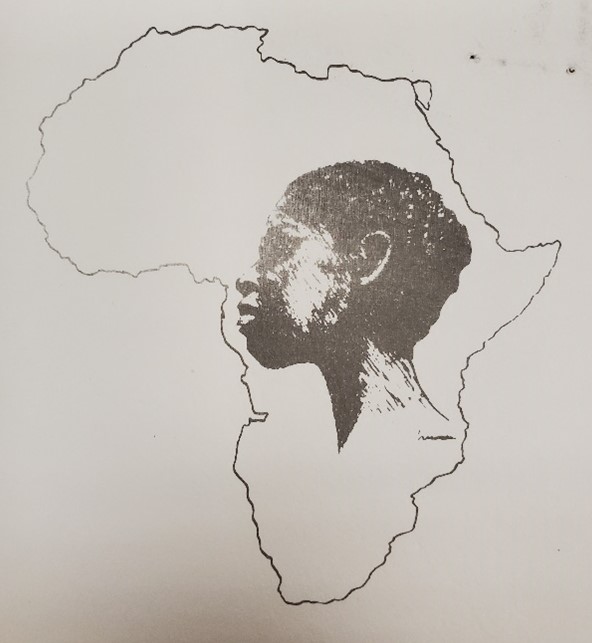
Geographic association: Rhodesia | Zimbabwe
Organizational association: United People’s Party | Capricorn Africa Society
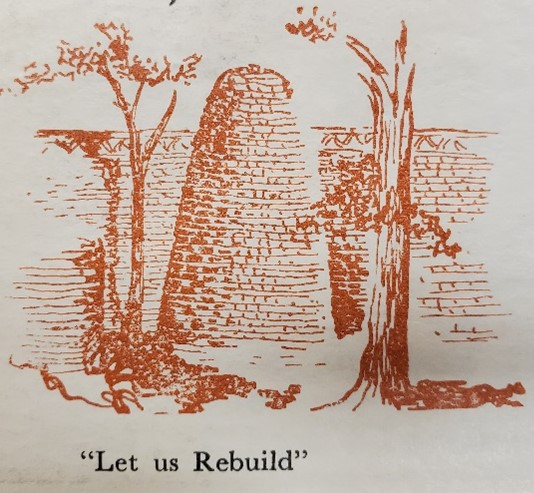
Geographic association: Zimbabwe
Organizational association: Zimbabwe United African Council
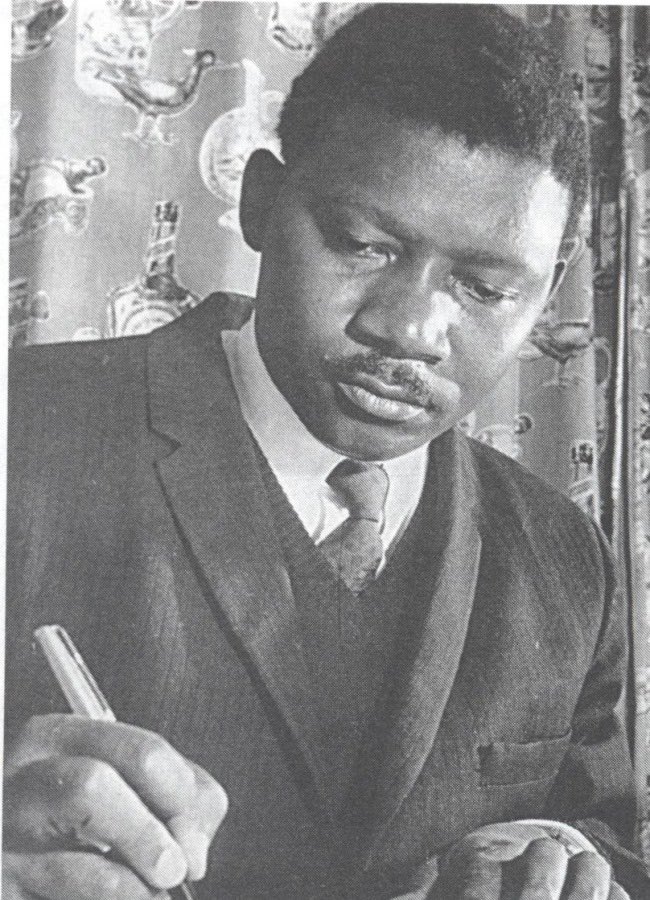
Geographic association: South Africa | Zambia | Zimbabwe | Mozambique
Organizational association: Zimbabwe African National Union (ZANU)
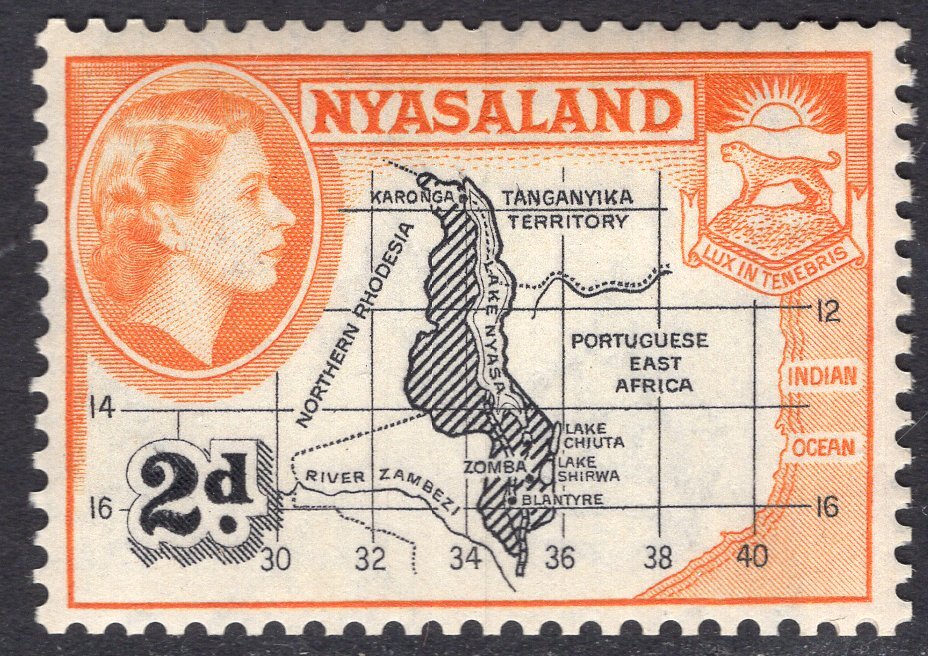
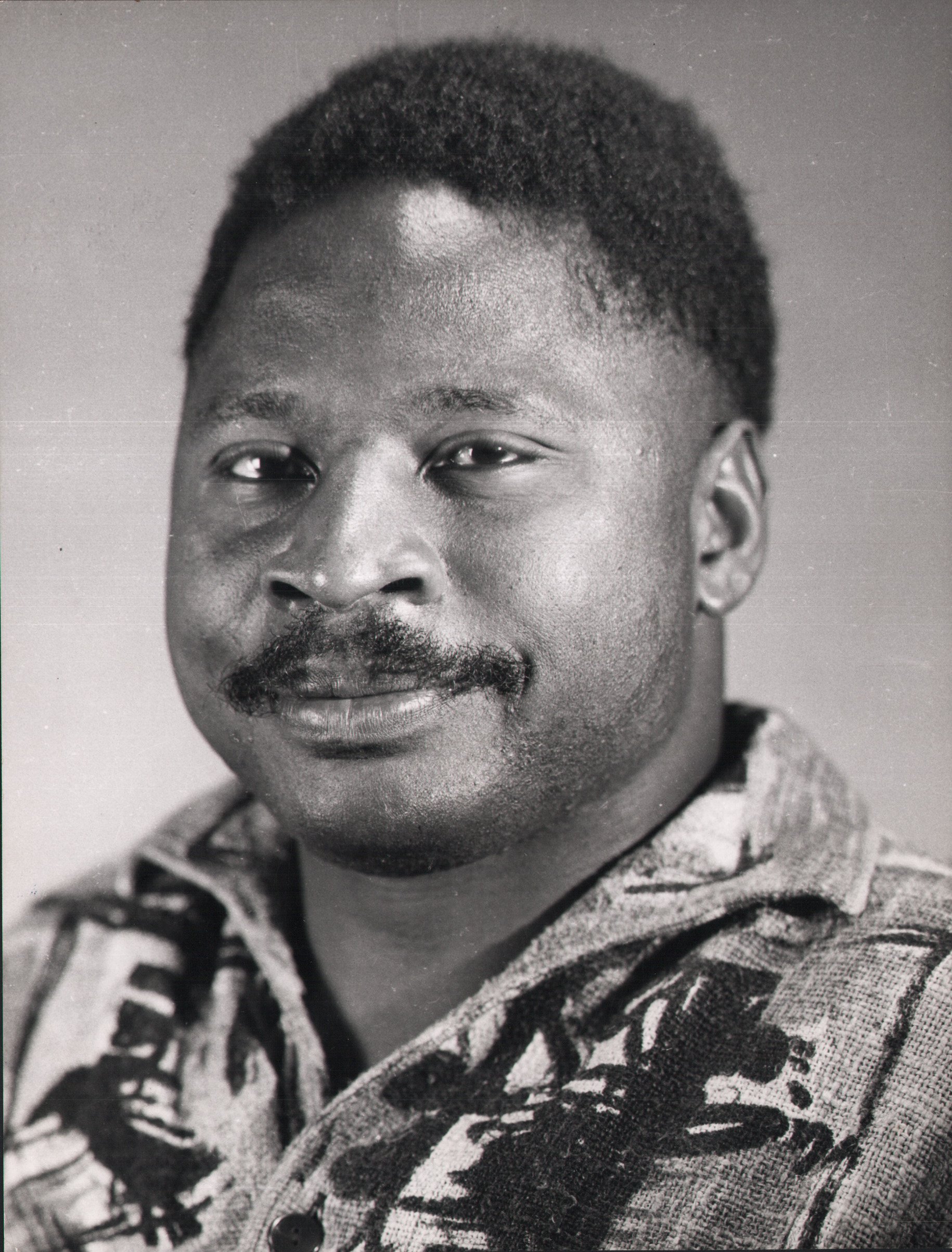
Geographic association: Zambia | England
Organizational association: United National Independence Party (UNIP)
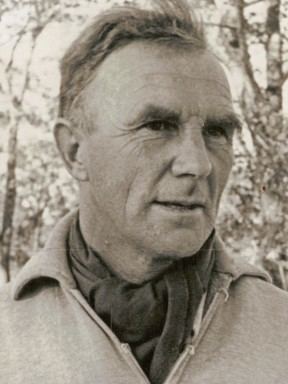
Geographic association: United Kingdom | Zimbabwe
Organizational association: Cold Comfort Farm | Southern Rhodesia African National Congress
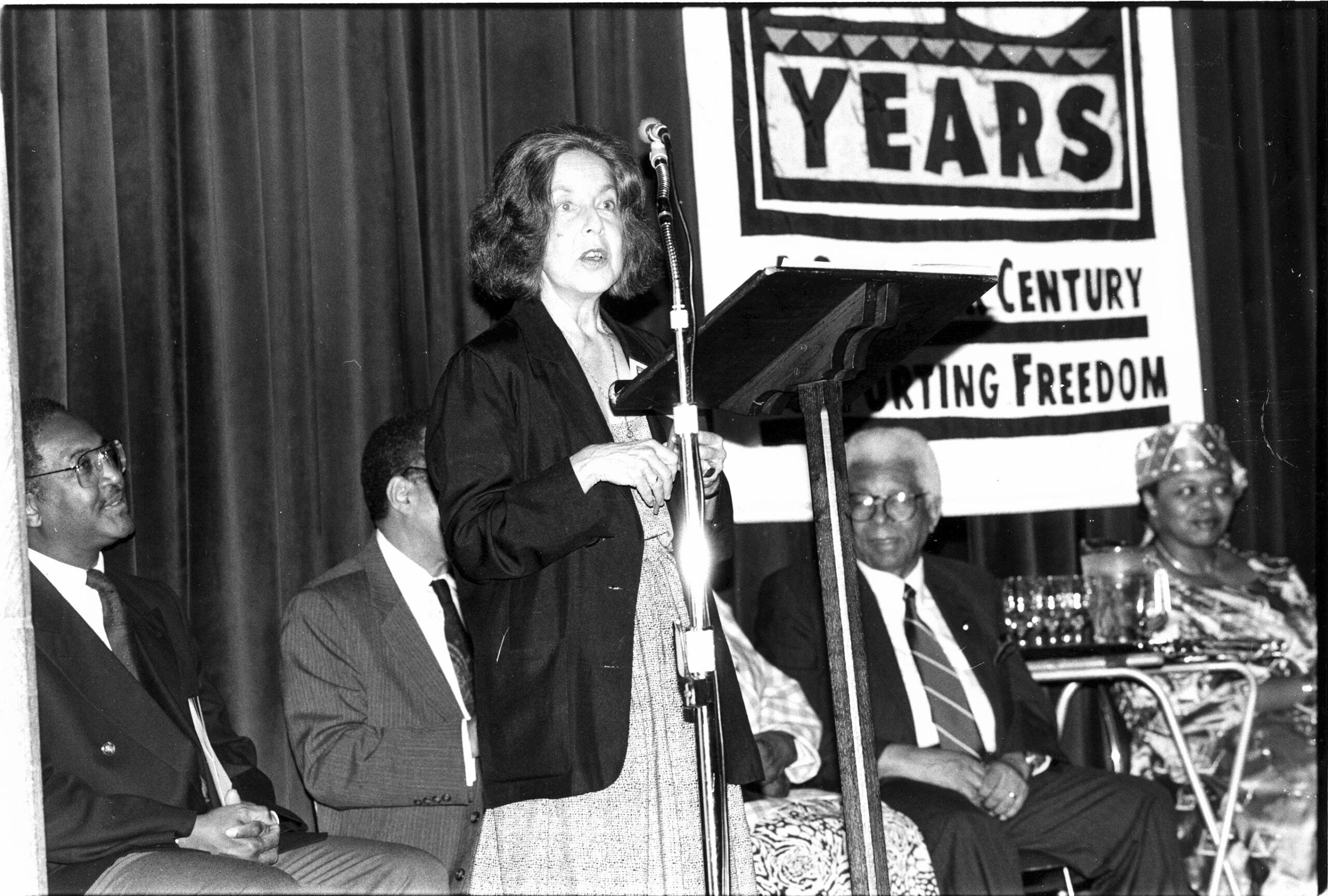
Geographic association: South Africa | United States
Organizational association: American Committee on Africa | Africa Fund
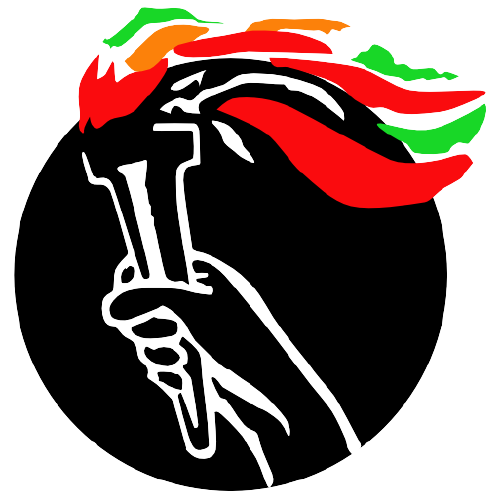
Geographic association: India | Northern Rhodesia
Organizational association: United National Independence Party (UNIP)
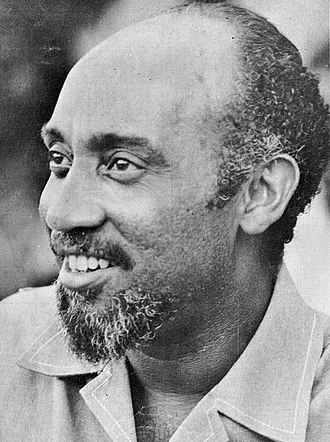
Geographic association: Mozambique
Organizational association: Frente de Libertação de Moçambique (FRELIMO)
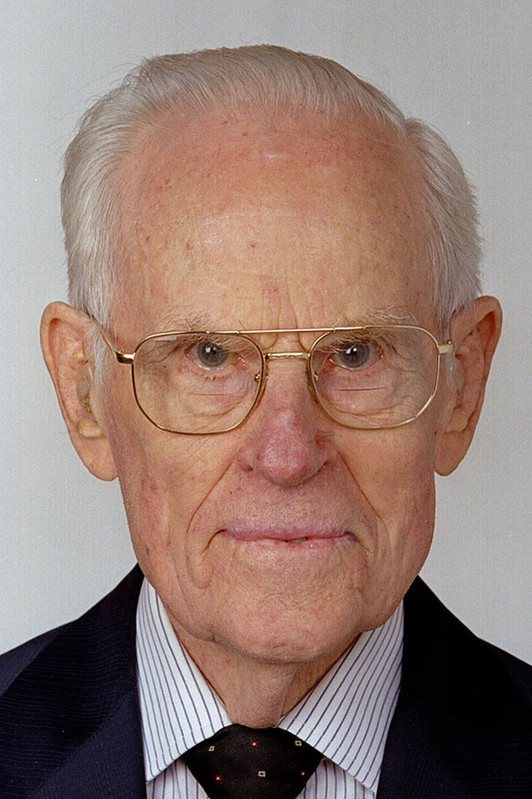
Geographic association: United States | Angola I Rhodesia
Organizational association: United Methodist Church | African Central Conference (Angola)
Wikipedia | Supplementary Article
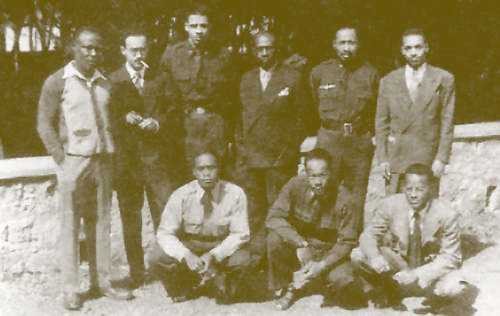
Geographic association: United States | Angola I Rhodesia
Organizational association: United Methodist Church | African Central Conference (Angola)
Wikipedia | Supplementary Article
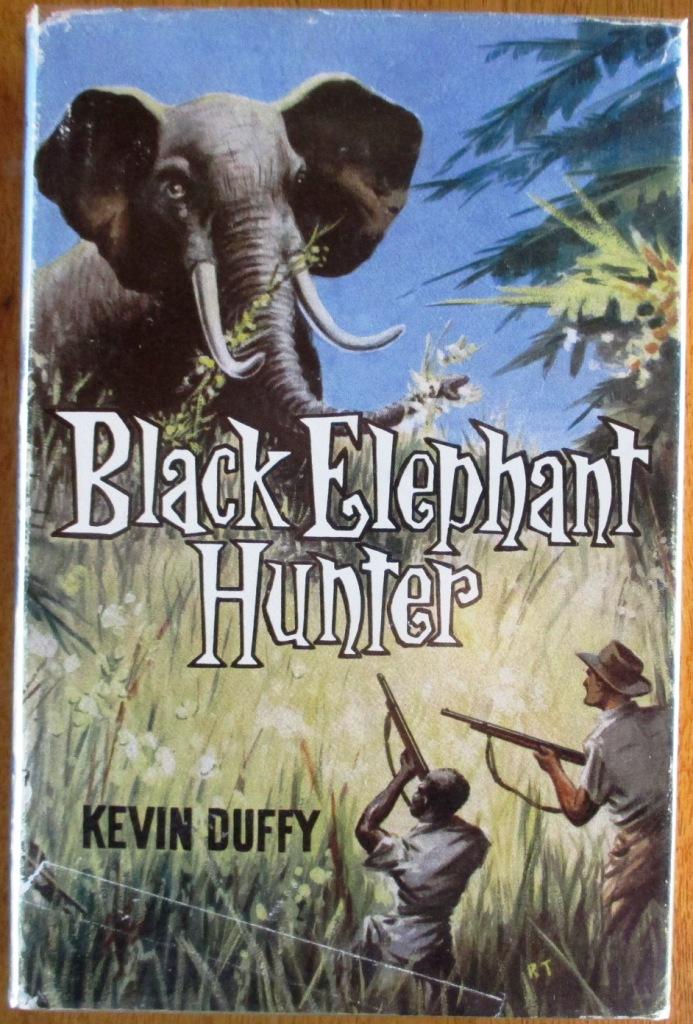
Geographic association: Ireland | Kenya
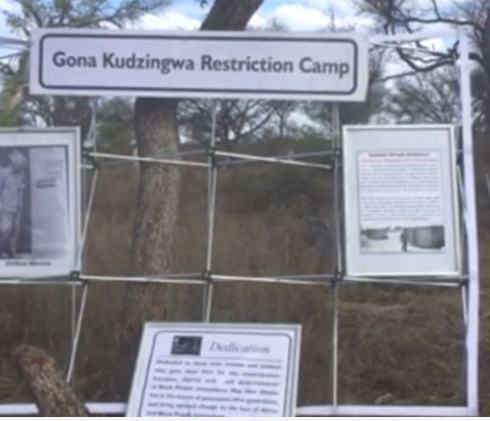
Geographic association: Southern Rhodesia
Organizational association: Gonakudzingwa Restriction Camp
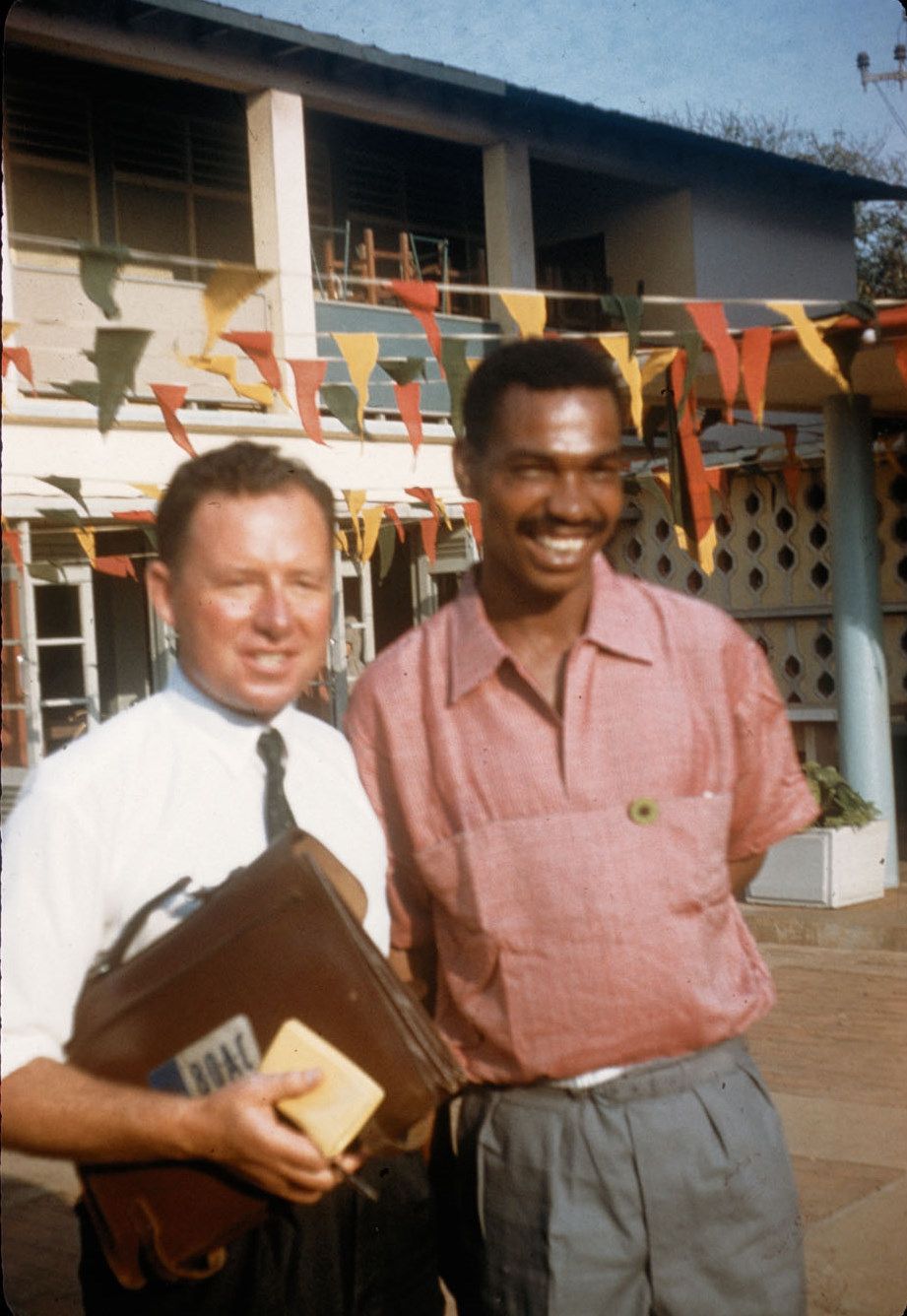
Geographic association: South Africa
Organizational association: Liberal Party of South Africa | Pan Africanist Congress (PAC)
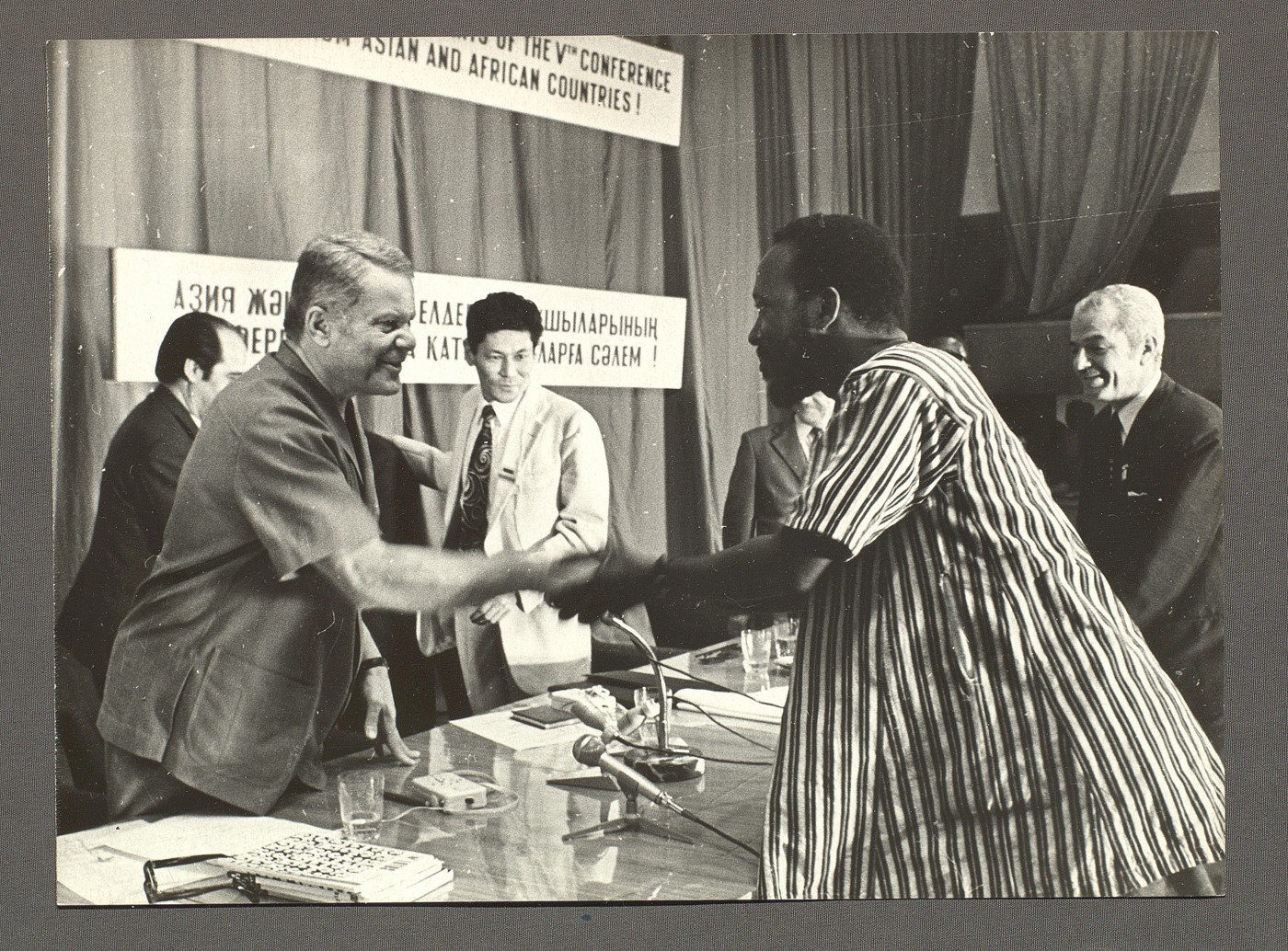
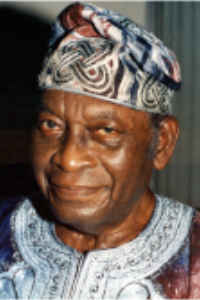
Geographic association: Nigeria
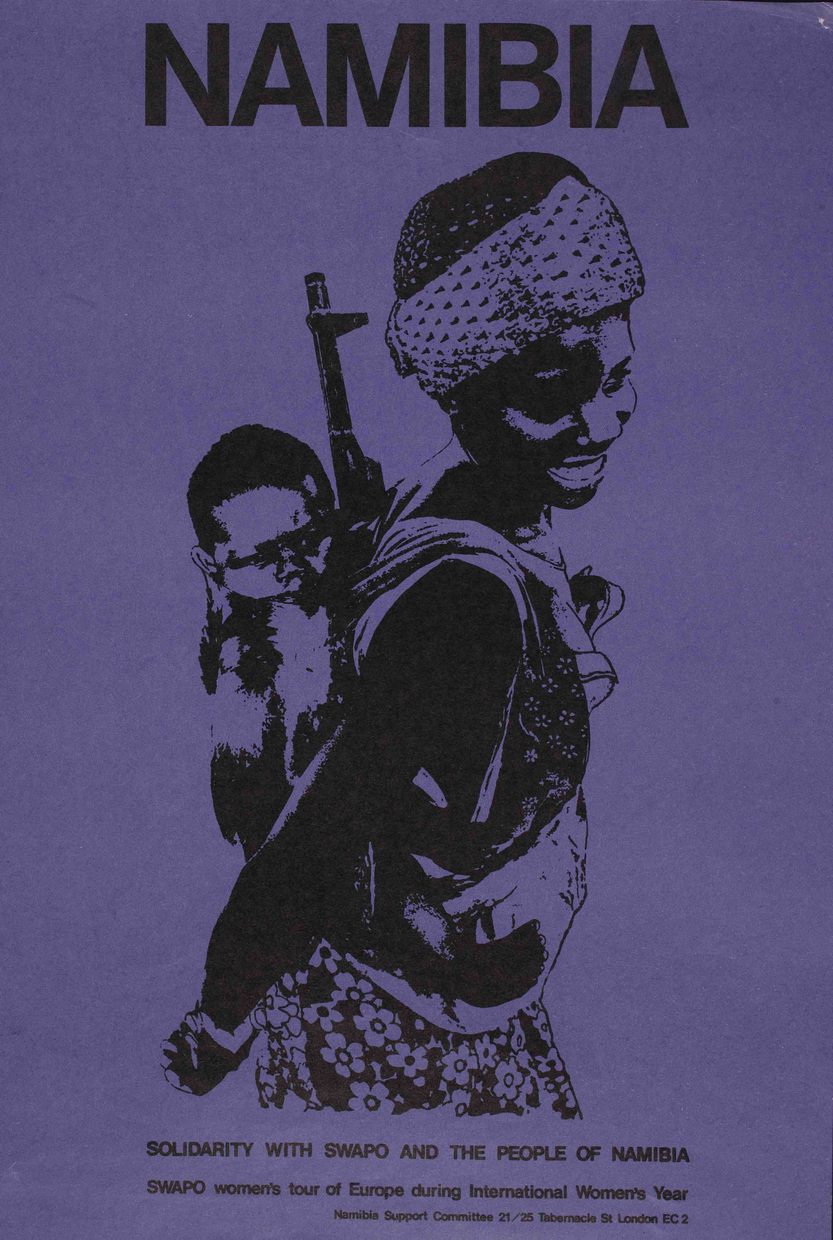
Geographic association: Namibia | Nigeria
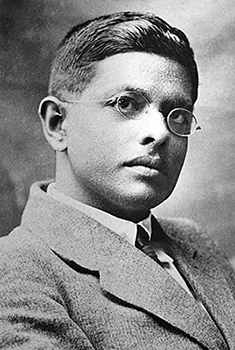
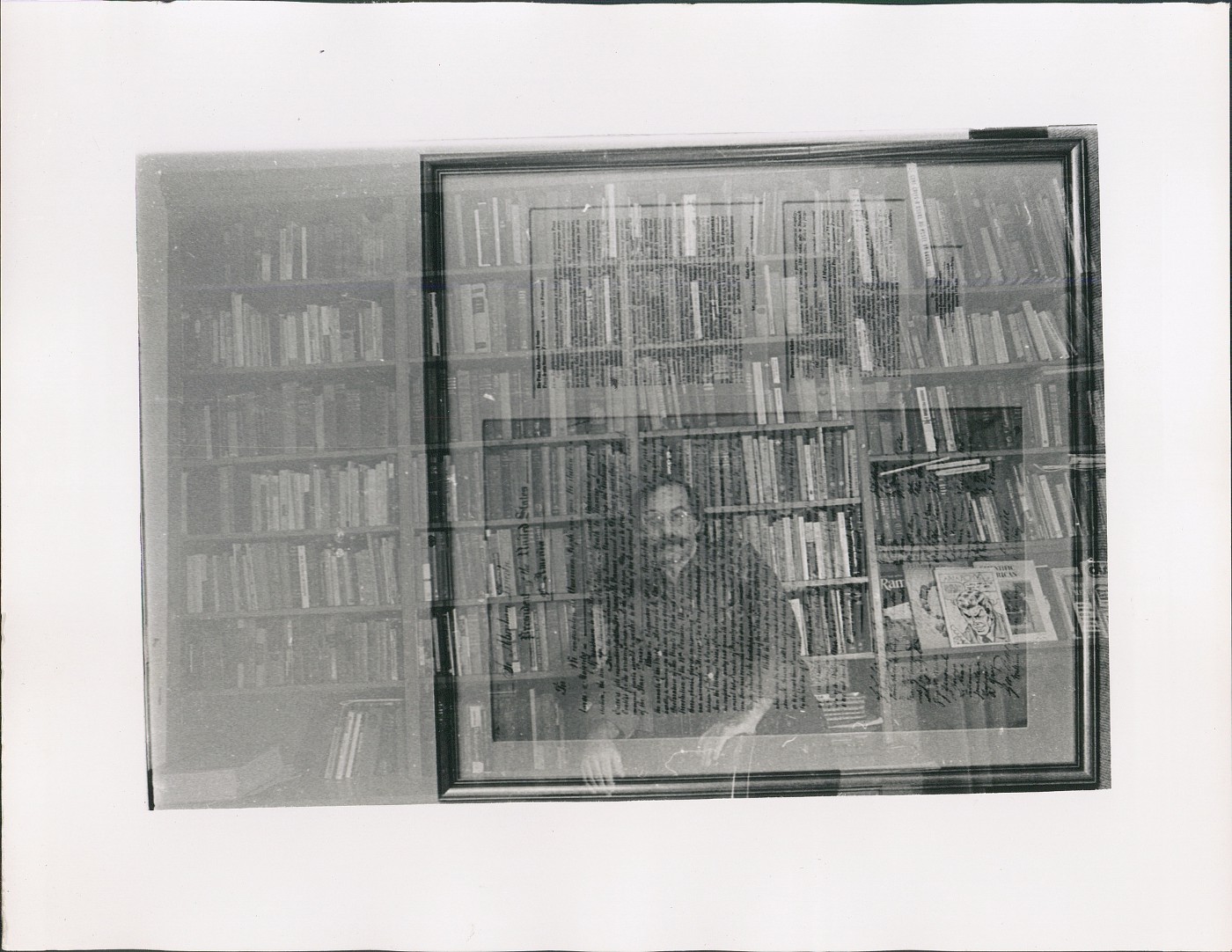
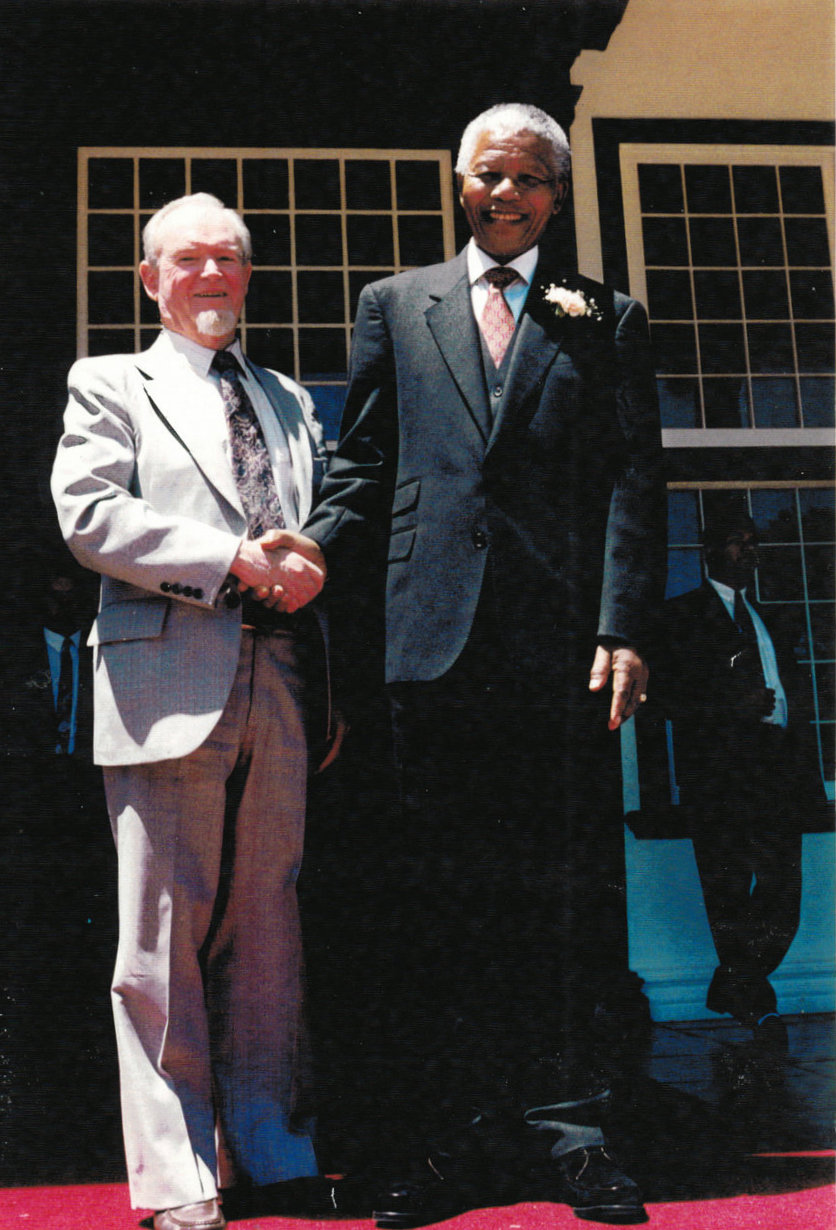
Geographic association: United States
Organization association: American Committee on Africa (ACOA) | Congress ofRacial Equality (CORE)
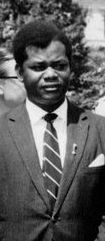
Geographic association: Tanzania
Organization association: Tanzania Africa National Union (TANU)
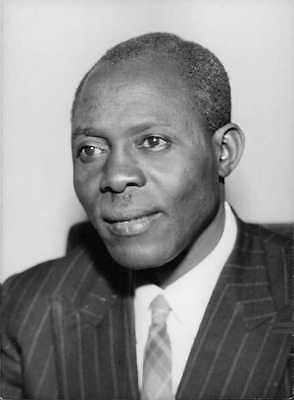
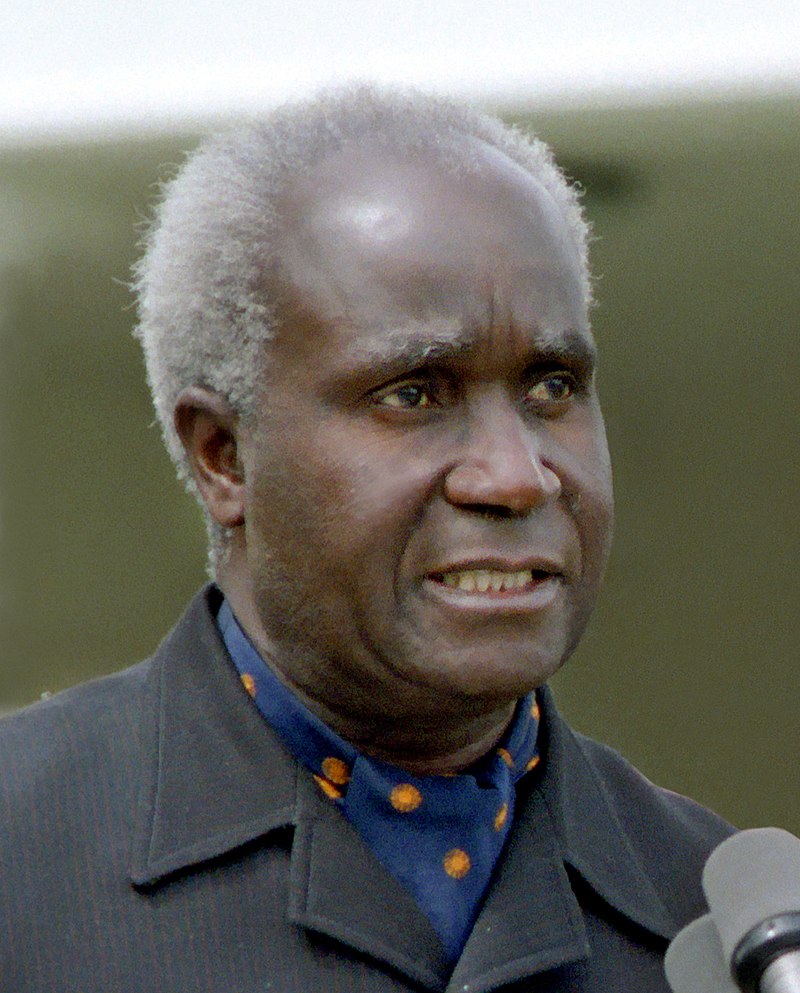
Geographic association: Zambia
Organization association: Zambian African National Congress (ZANC) | United National Independence Party (UNIP)
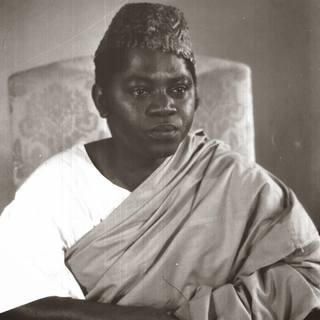
Geographic association: Tanzania
Organization association: Chama Cha Mapinduzi (CCM) | Tanzania African National Union (TANU)
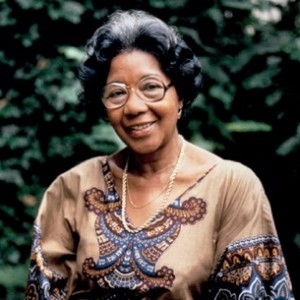
Geographic association: United States | Tanzania
Organization association: American Federation of Labor and Congress of Industrial Organizations (AFL-CIO)
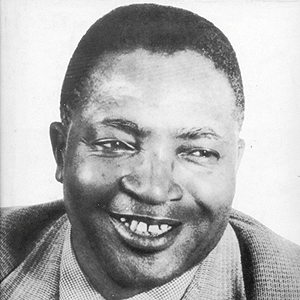
Geographic association: South Africa | Soviet Union
Organization association: South African Communist Party | African National Congress
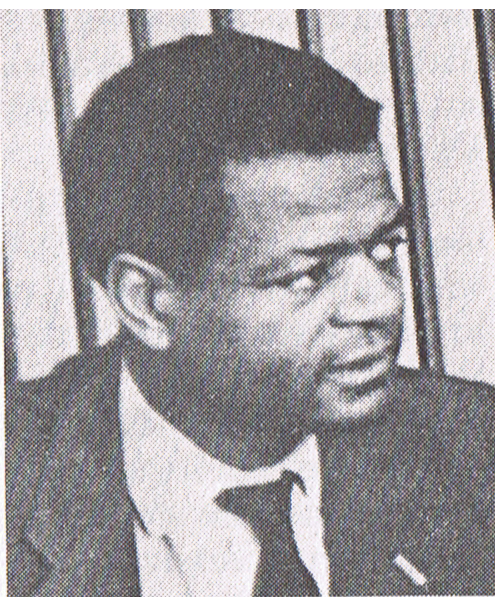
Geographic association: Zimbabwe | South Africa
Organization association: Commercial and Allied Workers’ Union | ZAPU | ZANU
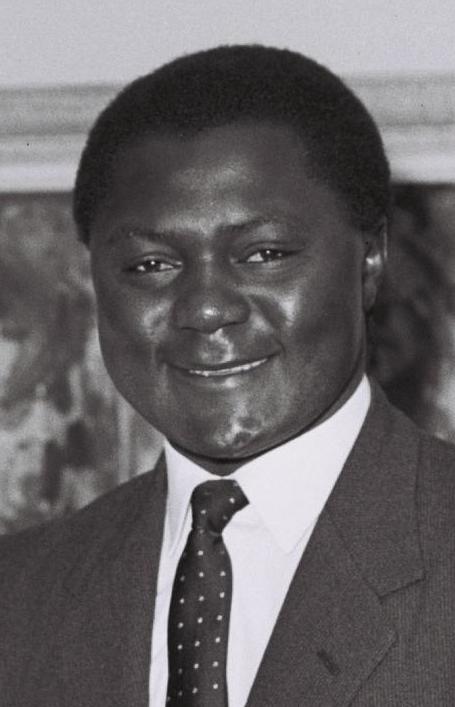
Geographic association: Kenya
Organization association: Kenya African National Union | International Confederation of Free Trade Unions (ICFTU)
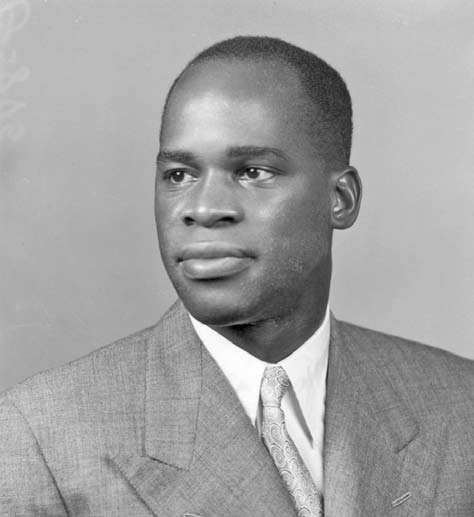
Geographic association: Mozambique
Organization association: Frente de Libertacão de Moçambique (FRELIMO)
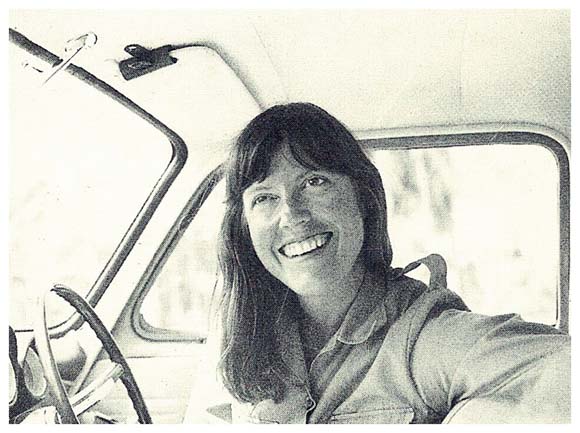
Geographic association: Mozambique | United States
Organization association: Frente de Libertacão de Moçambique (FRELIMO)
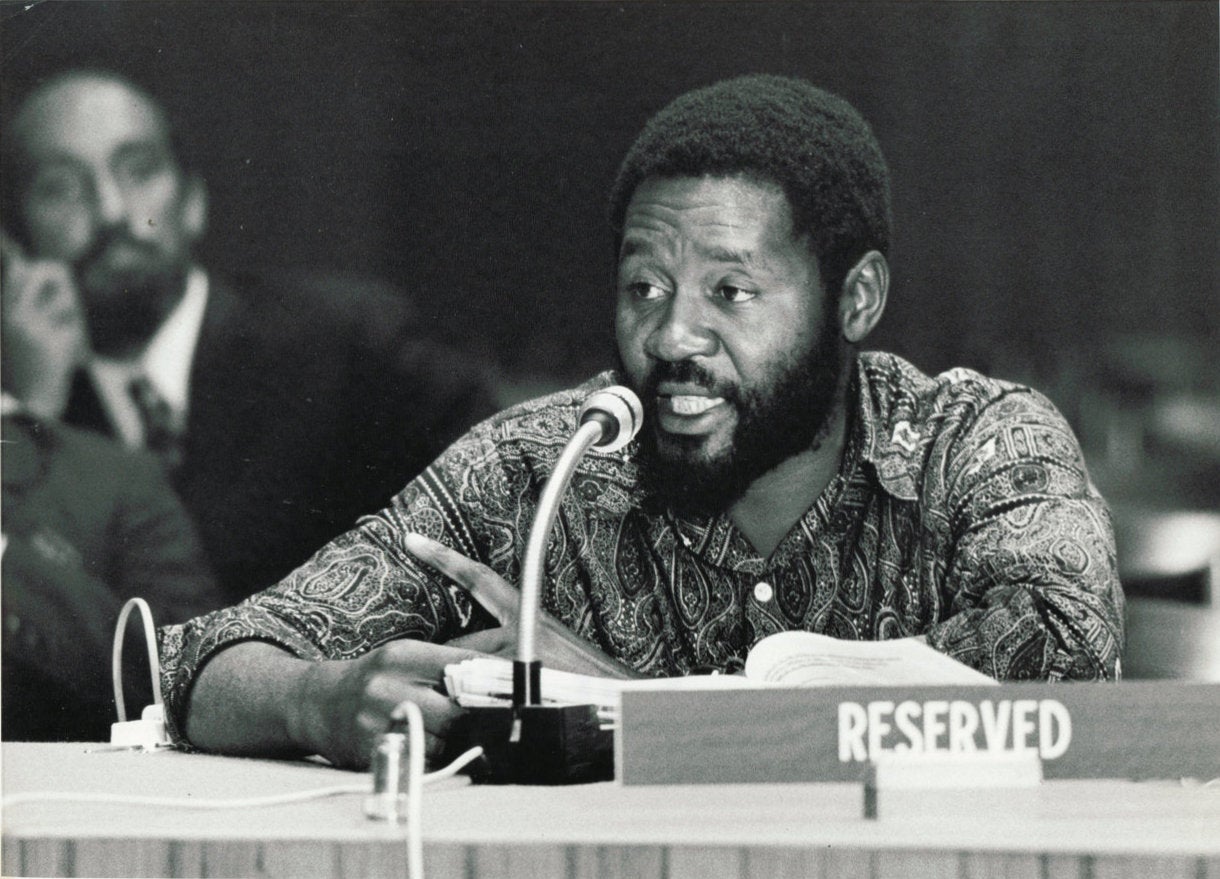
Geographic association: Zimbabwe
Organization association: Zimbabwe African National Union (ZANU)
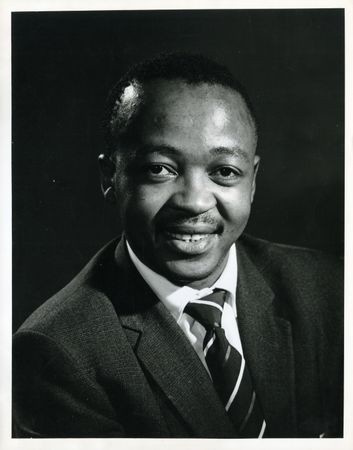
Geographic association: South Africa | Botswana | Zambia
Organization association: African National Congress (ANC)

Geographic association: Namibia
Organization association: Ovamboland People’s Organization (OPO) | South West African National Union (SWANU) | South West African People’s Organization (SWAPO)
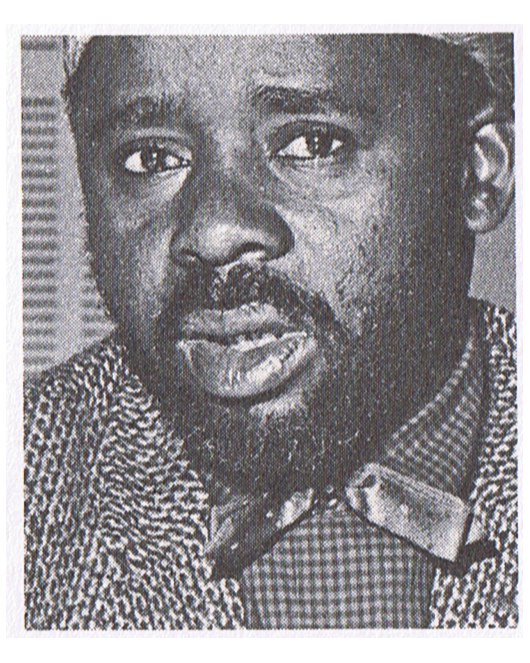
Geographic association: Zimbabwe
Organization association: Ov Zimbabwe African People’s Union (ZAPU) | Southern Rhodesia African National Congress (SRANC)

Geographic association: Tanzania
Organization association: Tanzania Africa National Union (TANU)
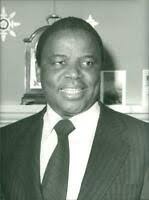
Geographic association: Zimbabwe
Organization association: Zimbabwe African National Union (ZANU) | ZANU-Ndonga Party
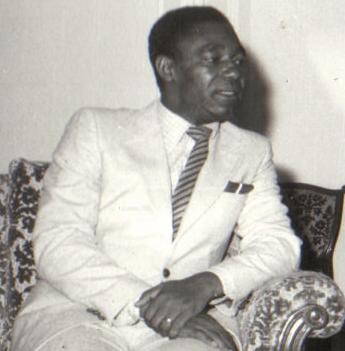
Geographic association: Zimbabwe
Organization association: Zimbabwe African National Union (ZANU)
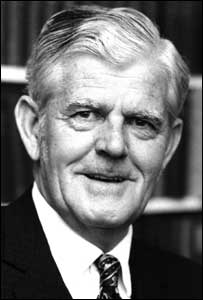
Geographic association: Zimbabwe
Organization association: Southern Rhodesian Colonial Government
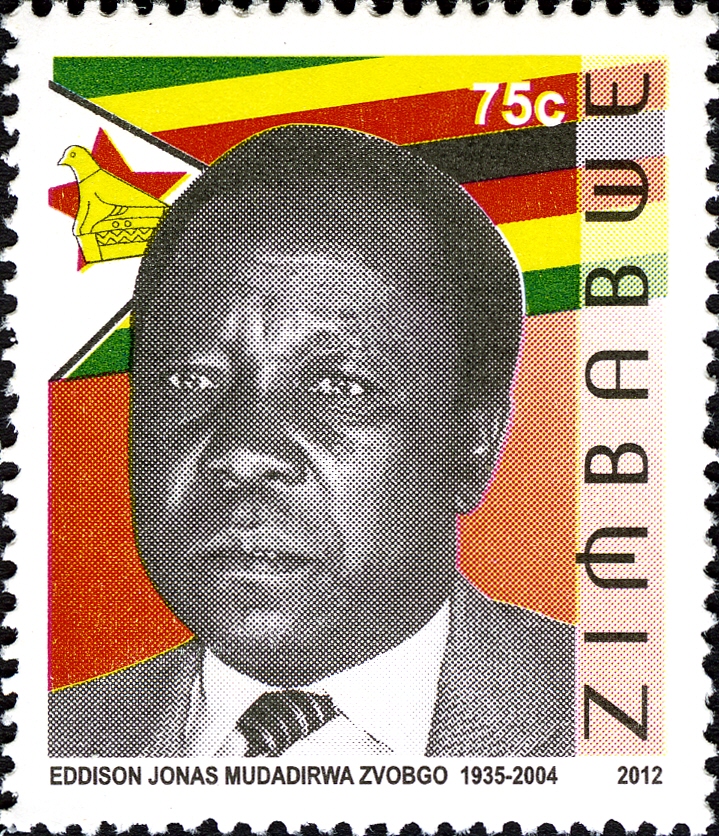
Geographic association: Zimbabwe
Organization association: Zimbabwe African National Union Patriotic Front (ZANU-PF)